China and the U.S. have since built one of the world's most intertwined relationships. The trade volume between the two countries grew from less than $100 million in 1972 to more than $755 billion last year. People-to-people exchanges are even more lucrative.
However, Washington has constantly played the "Taiwan card" in recent years to contain China's development by developing official exchanges with Taiwan and selling more advanced, sophisticated arms to the island.
In 2018, U.S. President Donald Trump signed the Taiwan Travel Act into law, encouraging visits between the U.S. and Taiwan at all levels. Another provocative move against China was the visit by a delegation of U.S. Congress members to Taiwan by military plane in November.
Ambassador Cui said what Washington is doing is a clear violation of the one-China principle and the three joint communiques. "If things go on like this, it's going to be very serious and dangerous," he said. "We will have to defend our territorial integrity, and we'll do whatever is needed to defend our sovereignty and territorial integrity."
Kissinger, who became the 56th U.S. secretary of state from September 1973 to January 1977, said those connected with the origins of U.S.-China relations have taken the view that the two sides agreed to a gradual evolution, which was then spelled out in subsequent communiques, but that both sides would maintain the view that the U.S. would not adopt policies to undermine the one-China principle.
"I hope and expect that the eventual solution will be worked out by discussions between our two sides without pressure from either side, on the basis of what is beneficial in a way to mankind. Because I think it is important for humanity that China and the United States have the greatest capacity to undermine order in the world, work together not on every point that we will have many disagreements, but we will work together on the basic principle that we will work for peace and order. And in the conduct of our relations with each other, we will work out the solutions on the basis of mutual respect and equality," Kissinger said.
During a virtual summit with U.S. President Joe Biden in December, President Xi Jinping said the most important event in international relations over the past 50 years was the reopening and development of China-U.S. relations, which has benefited the two countries and the whole world.
"The most important event in international relations in the coming 50 years will be for China and the U.S. to find the right way to get along," he said. Xi put forward three principles for China and the U.S. to uphold in the new era: mutual respect, peaceful coexistence and win-win cooperation.
Observers said that with the future in mind, the two nations should draw wisdom and strength from their "ice-breaking" history to bring ties back on track and work for the sound and steady development of bilateral relations.
Dennis V. Hickey, a distinguished professor emeritus at Missouri State University, said Nixon's trip to China provided the foundation for the eventual establishment of diplomatic relations and shaped the broad contours of U.S. policy toward Taiwan.
While there are many contentious issues that appear to divide Washington and Beijing today, only one has the potential to cause relations to hit rock bottom and turn "a war of words" into a "shooting war"-and that is the Taiwan question, Hickey said. For this reason, Washington should refrain from using Taiwan as a "poker chip" in disputes with Beijing, he added.
Former vice-foreign minister Fu Ying said the Shanghai Communique crystallized the kind of strategic vision and diplomatic wisdom of the two countries in a particular international environment, and is an exemplary model for successfully handling complicated international relations.
Fu said in an opinion piece provided to China Daily, "On the occasion of the 50th anniversary of President Nixon's visit to China, we should cherish the memory of those predecessors, learn from the experiences over the past 50 years while keeping our eyes on the future, and think about what kind of a new paradigm the two countries should establish for the next 50 years in order to maintain the stable development of China-U.S. relations and ensure continued cooperation."
Looking back to what Nixon called "the week that changed the world", Charles Freeman, chief U.S. interpreter during Nixon's visit to China, said that being part of it had given him a long-term commitment to China and enabled him to take part in the shaping of Sino-U.S. relations in their most "malleable and creative" years.
"To recall this (the Nixon trip) is to remember the narrowness and precariousness of the strategic reasons that brought the U.S. and the People's Republic of China together. We were starting from complete estrangement and reaching for a common understanding," said Freeman, who was U.S. assistant secretary of defense from 1993-94.








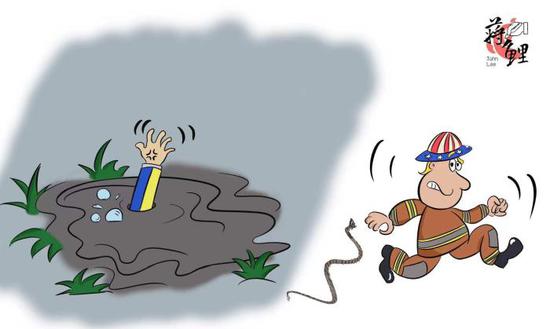
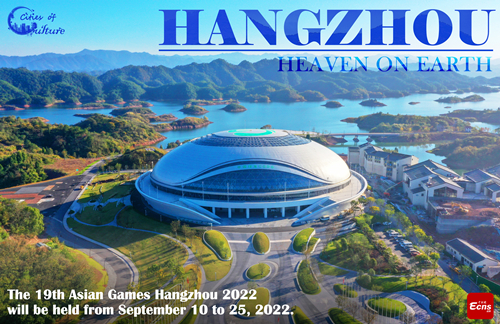
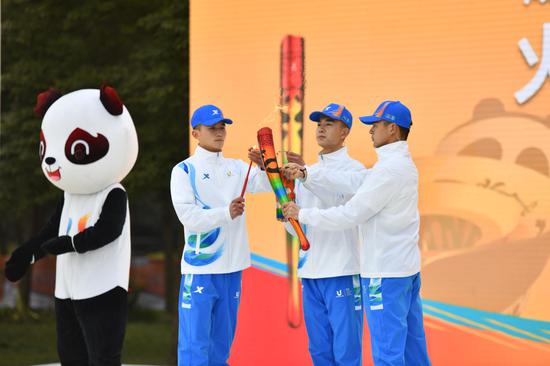
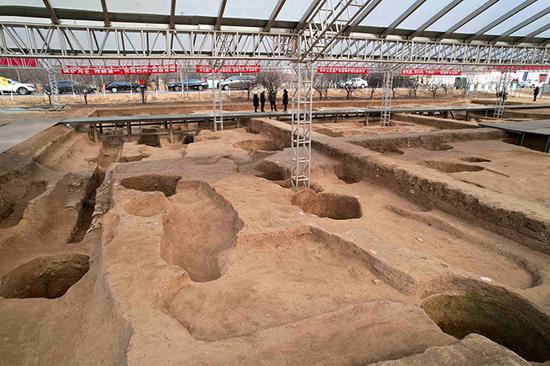

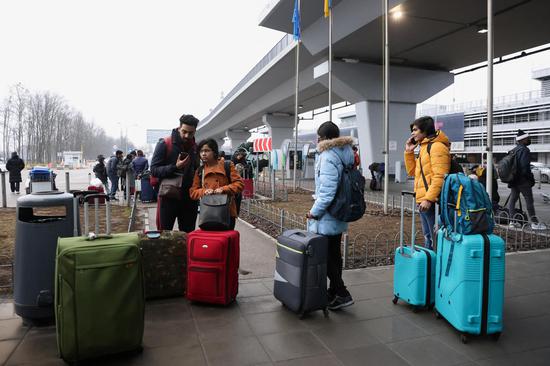
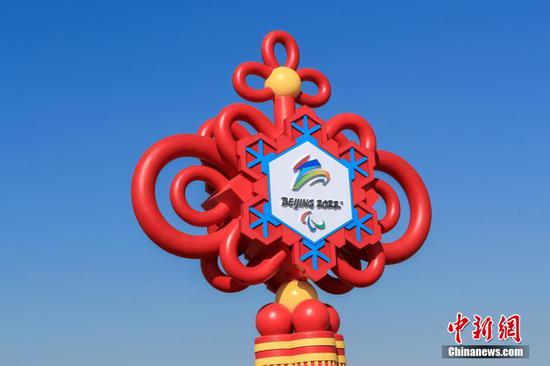
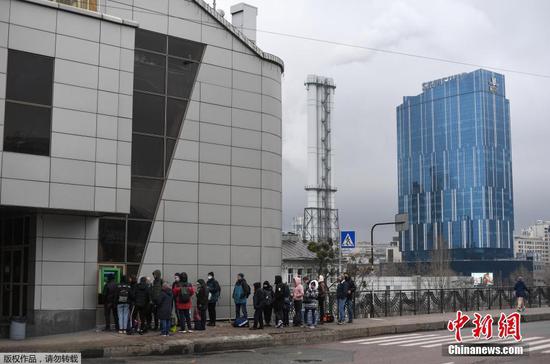

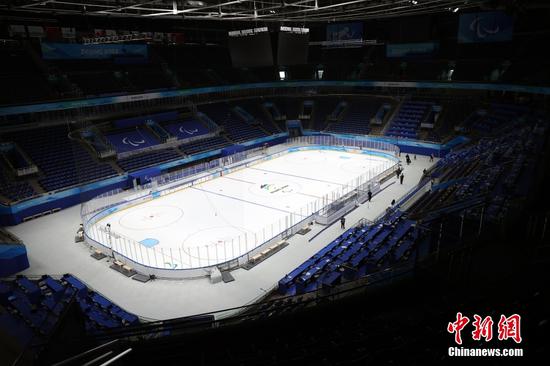

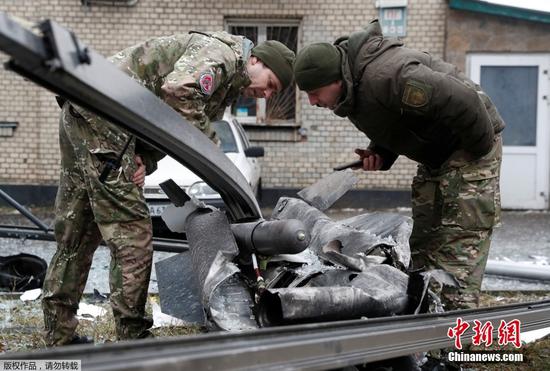

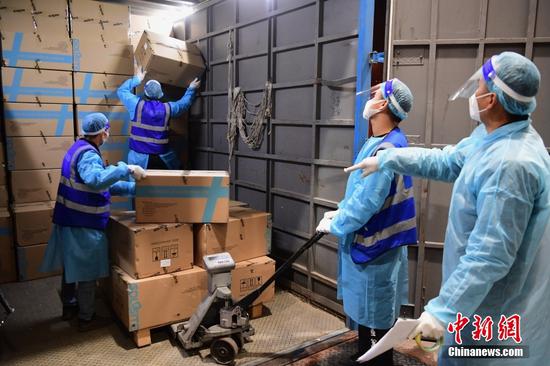


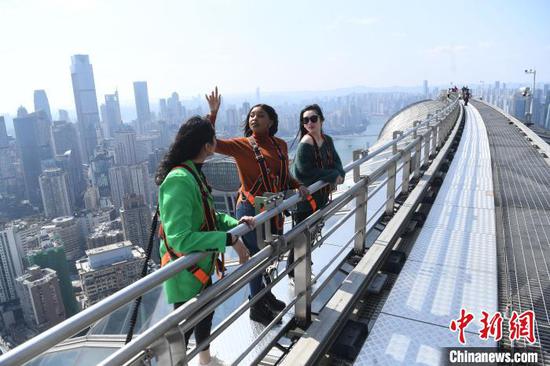
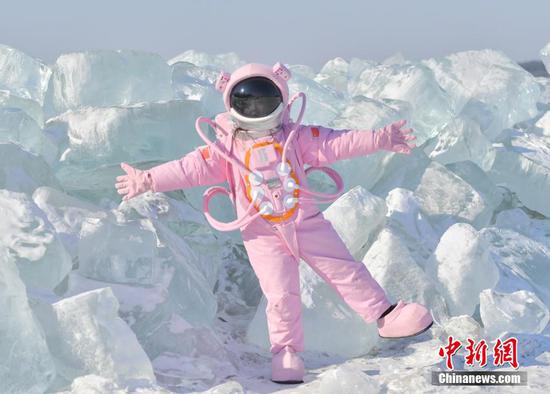
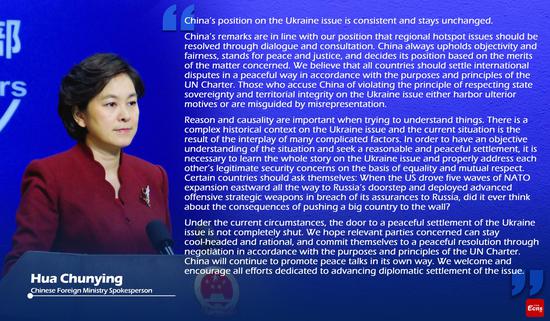
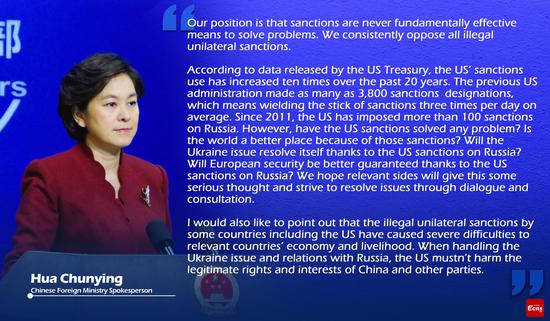

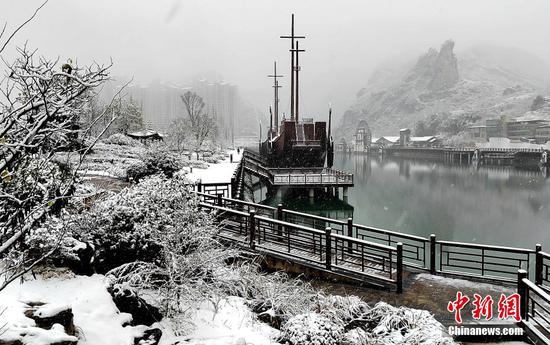
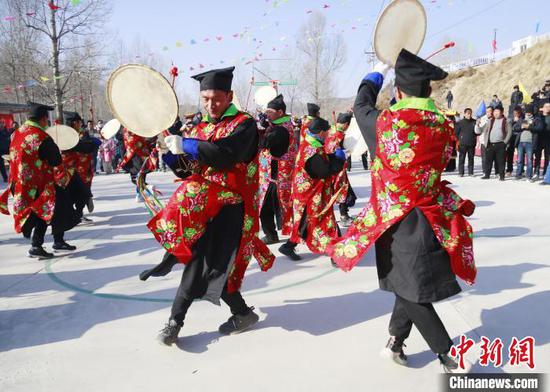
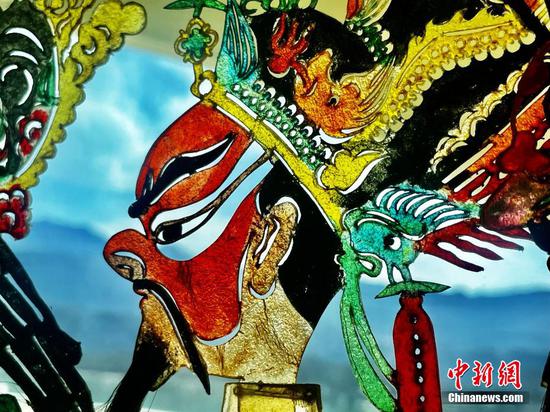
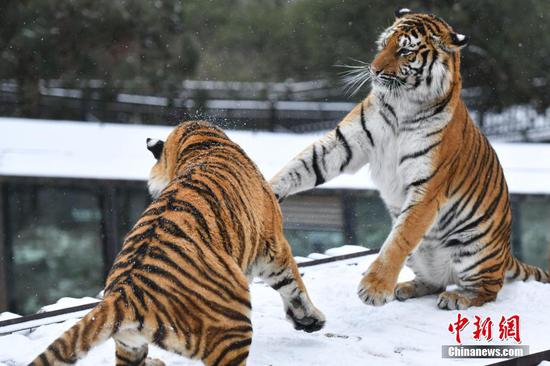
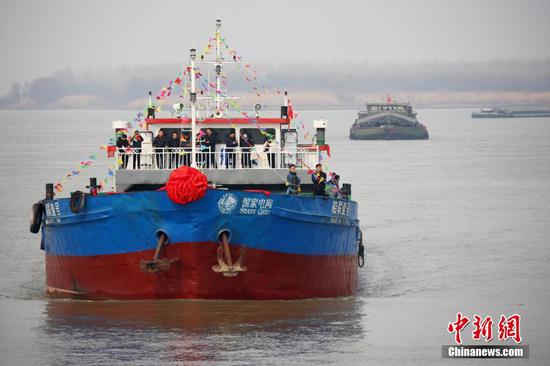
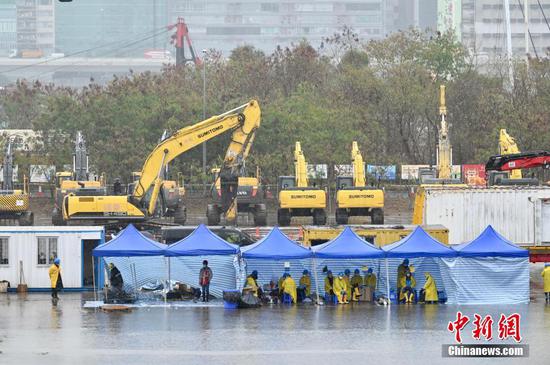
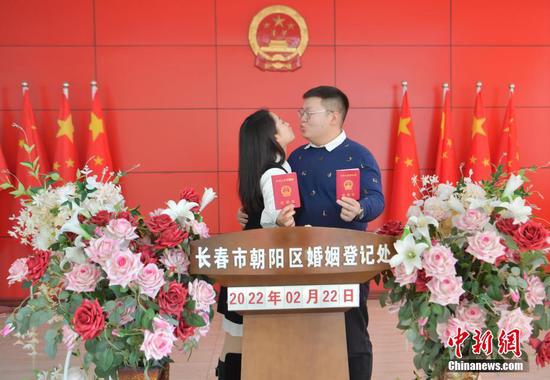
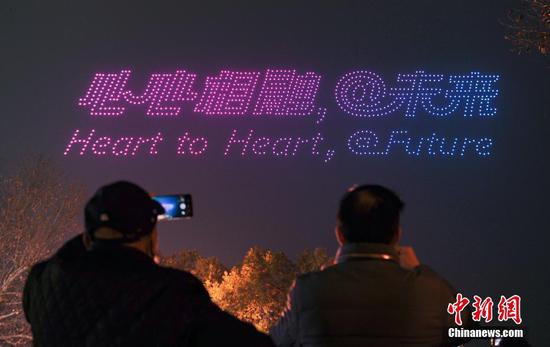
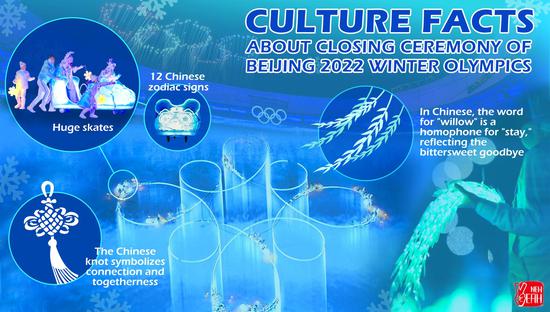
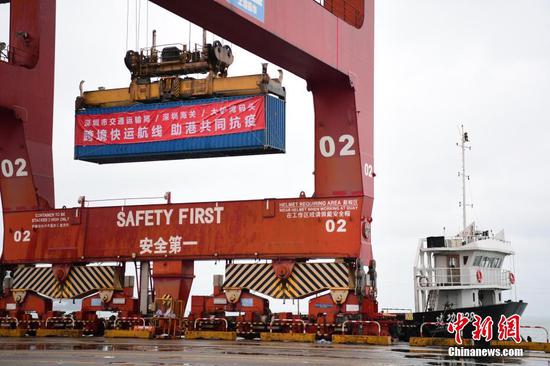

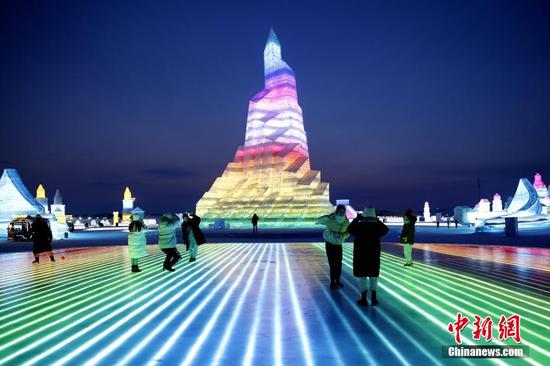
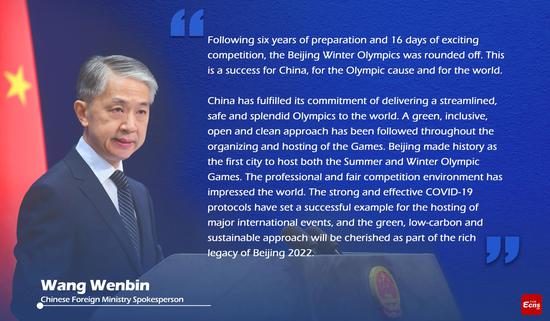

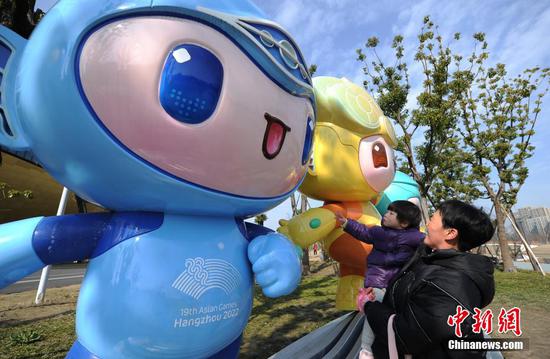
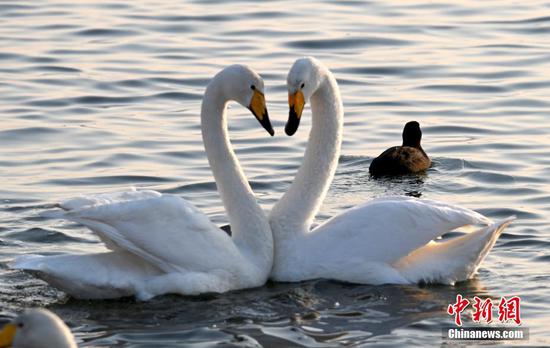





 京公网安备 11010202009201号
京公网安备 11010202009201号